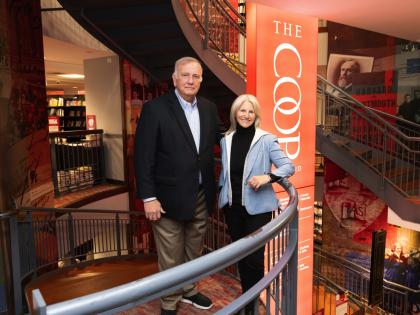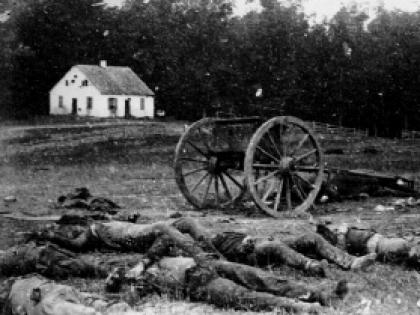The contents of this issue of Harvard Magazine appear in a slightly modified order. As always, your letters come first, followed by Right Now—short articles on engaging new discoveries and knowledge (Harvard’s forte, as a research university).
But next you will find John Harvard’s Journal, the extensive news section, moved forward. It seems logical to bring this content to the front of the magazine, where news items appear in most publications. As Montage—our coverage of creative and performing arts, criticism and reviews—has grown and prospered (it first appeared in the fall of 2006), its contents have increasingly come to involve work by alumni, and so fit naturally near the pages of alumni profiles and news, The College Pump, and (for College and Graduate School of Arts and Sciences readers), class notes. Its placement there brings together our diverse reporting on graduates, and mirrors the order of presentation found in many peer magazines.
We hope you find this organization of the contents, which are otherwise unchanged, logical and useful. They will appear in the same order in the mobile app, for readers using tablets or smart phones, when it becomes available to you for test use in late January.
* * *
For all the understandable current focus on applied sciences and engineering (a major emphasis of the capital campaign) and on Harvard’s campuses in Cambridge and Boston, it is worthwhile, now and then, to recall the University’s prowess in traditional fields like the humanities and arts, and its presence around the world. By chance, the November 21, 2013, New York Review of Books included sequential essays by a pair of distinguished alumni: the incomparable Walter Kaiser, Higginson professor of English and professor of comparative literature emeritus, former director of Villa I Tatti, reviewing a new biography of Bernard Berenson, who founded that invaluable center for Italian Renaissance studies, in Florence; and the Institute for Advanced Study’s G. W. Bowersock, previously professor of Greek and Latin here, writing on Byzantium and citing the crucial strengths of Dumbarton Oaks, the University’s center for Byzantine studies (and other subjects; see page 11), in Washington, D.C. Two extraordinary cultural assets indeed, among many stars in Harvard’s firmament.
~John S. Rosenberg, Editor






